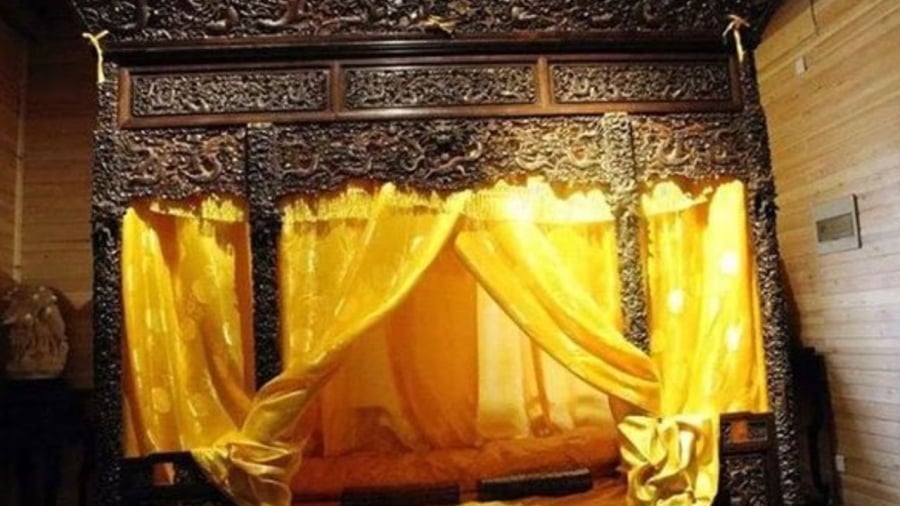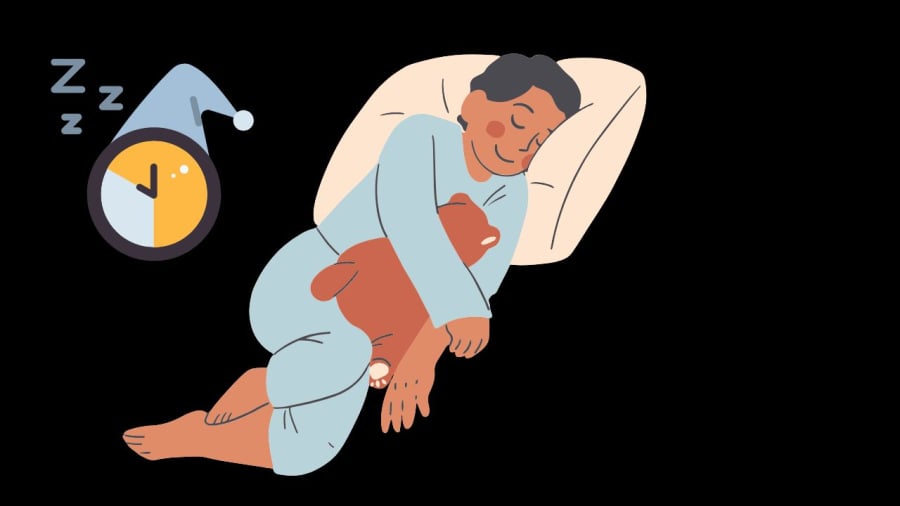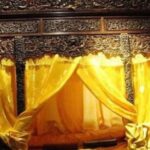There is a common misconception that the bedrooms of royalty and nobility must be grand and spacious, given the vastness of their palaces and mansions. However, in reality, the sleeping quarters of these elites were often quite modest in size. For example, in the Forbidden City, which spans an area of approximately 720,000 square meters and houses 9,999 rooms, the emperor’s bedroom measures less than 10 square meters.

The Modest Size of Royal Bedchambers
Small Bedrooms Conserve Energy and Promote Wellbeing
According to ancient beliefs, larger rooms require more energy to fill, which can deplete the energy of those occupying the space. Sleeping in a large room was thought to cause energy loss, leading to weakness and fatigue. In contrast, a smaller bedroom helps preserve one’s energy and protect their health by preventing the escape of positive energy.
For an emperor, excessive energy loss could result in physical harm, while for the nation, it could even lead to destruction. Similarly, for commoners and officials, a disproportionately large bedroom could adversely affect their health and the prosperity of their household.
Compact Sleeping Quarters Facilitate Temperature Control and Comfort
A comfortable bedroom should be cool in summer and warm in winter. However, achieving this becomes more challenging in a large room. It is harder to heat or cool a spacious bedroom effectively, and more fuel is required to do so. Sleeping in an environment that is too hot or too cold can disrupt one’s sleep, leading to restlessness.

Bedroom Size Impacts Sleep Quality
Smaller Spaces Offer Better Security and Peace of Mind
Emperors and the wealthy were often targets of assassins and thieves, respectively. A larger room provides more hiding places for intruders, whereas a smaller space is easier to secure and monitor. Therefore, a compact bedroom offers improved safety compared to a more spacious one.
In addition, a large bedroom can make one feel small, lonely, and insecure, affecting their sleep quality. It is human nature to feel vulnerable and anxious in a vast, empty space. As sleep is essential for restoration and relaxation, ensuring a sense of security and comfort in the bedroom is of utmost importance.
Thus, the ancient wisdom of advising descendants to build smaller bedrooms reflects a profound understanding of the connection between space and wellbeing. Today, many homeowners recognize the advantages of moderate-sized homes and bedrooms, prioritizing comfort and energy conservation over excessive grandeur.
The Girls Who Rocked the Village: A Tale of Tights and Tradition
Recently, Chinese social media went into a frenzy over images of three young women returning to their hometown in Henan, China, for the Lunar New Year celebrations. However, it wasn’t the heartwarming reunion that caught the attention of netizens and villagers alike; it was their bold fashion choices, particularly their daring decision to wear long fishnet stockings.



































